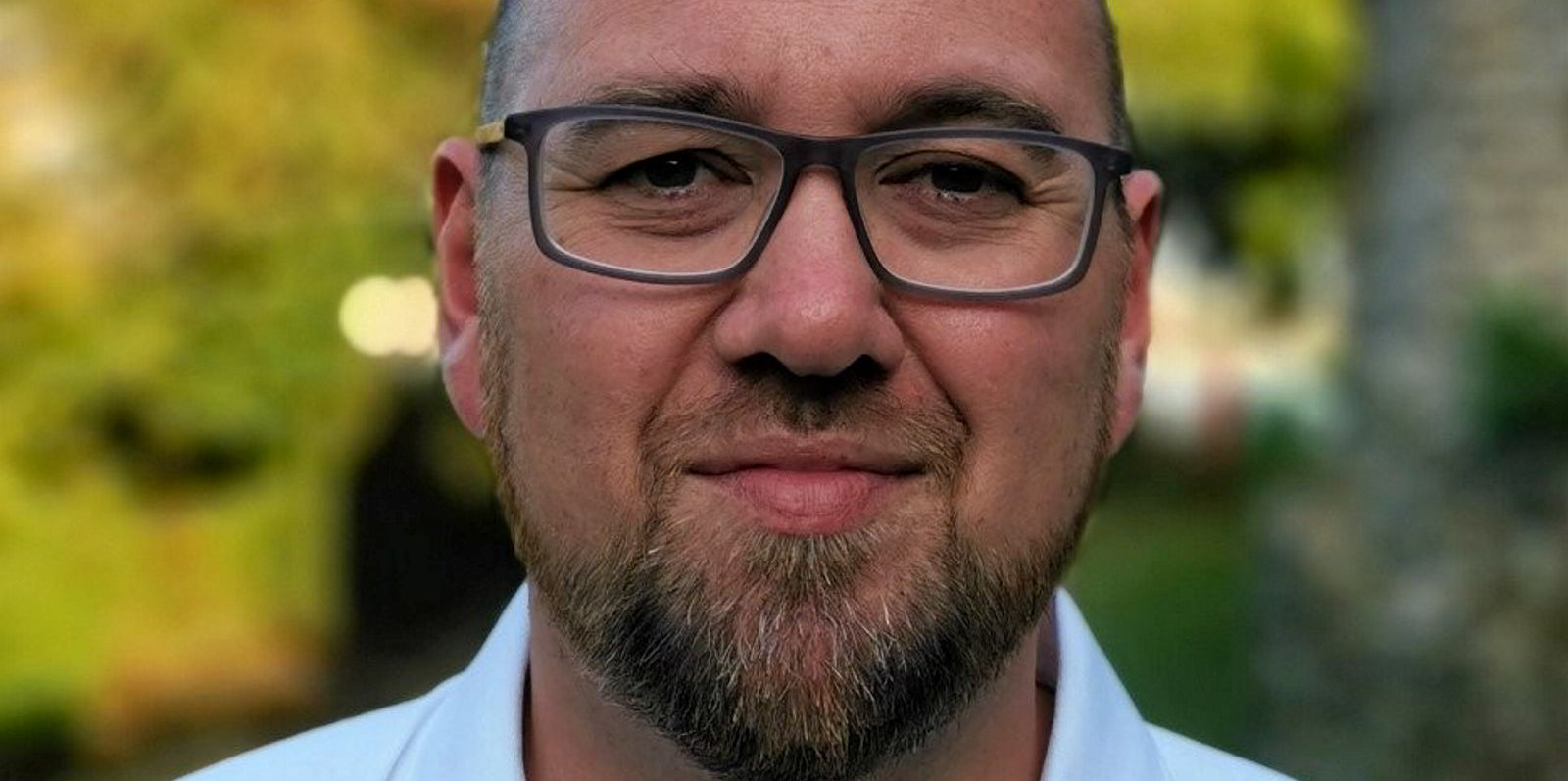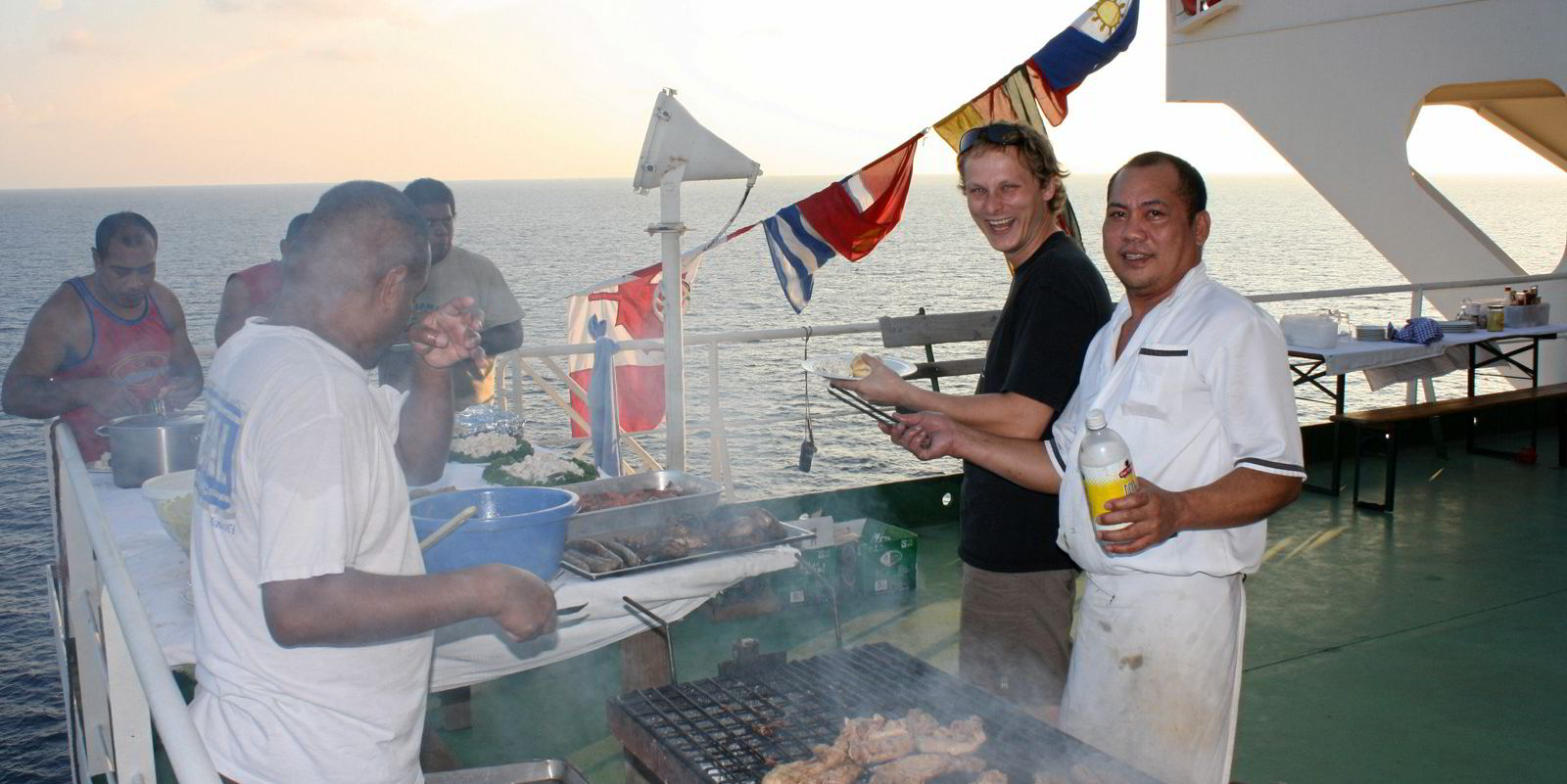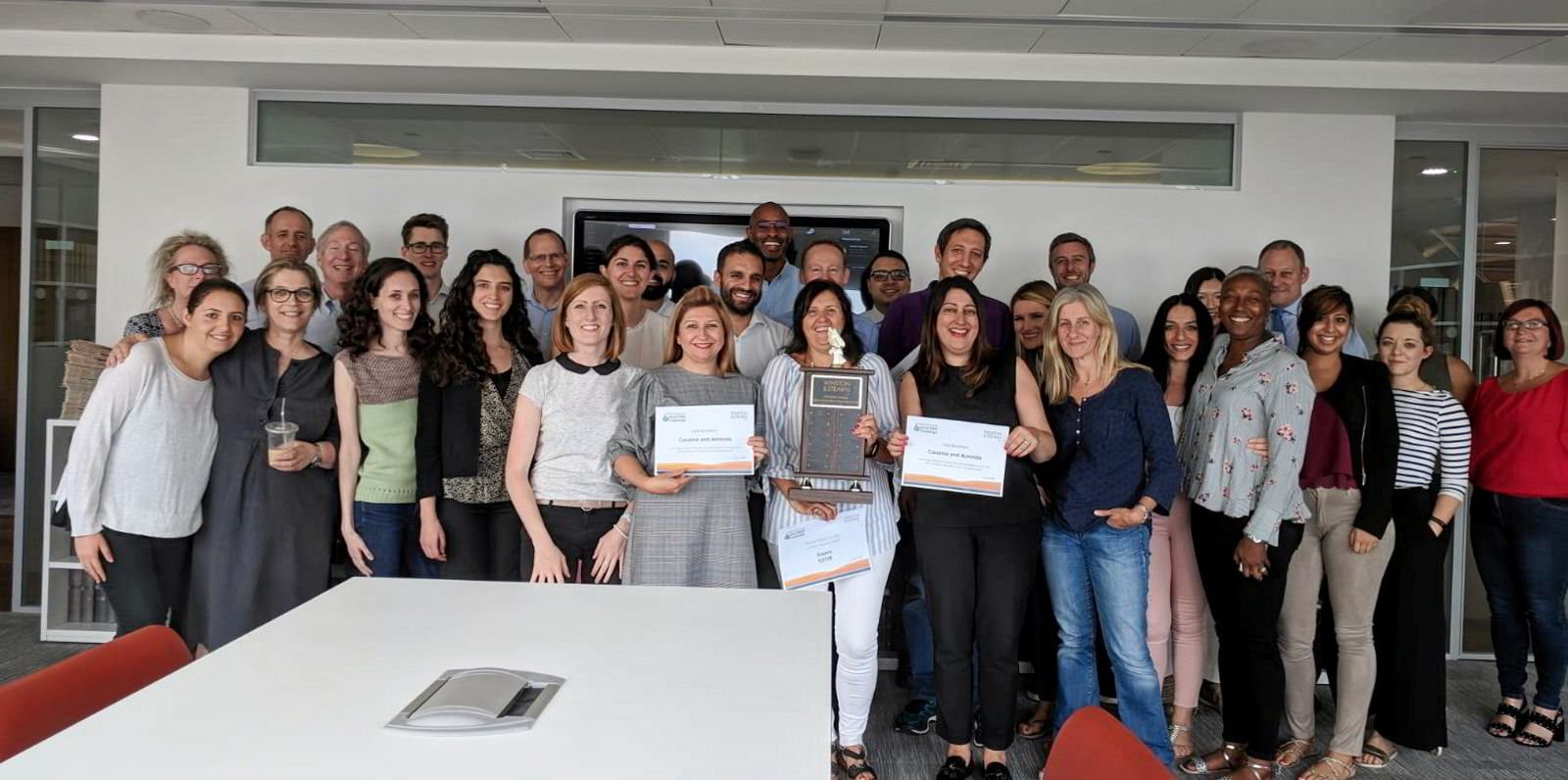A charitable fund launched last year has helped 75 UK seafarers stay in the industry after losing their jobs in the Covid-19 pandemic.
But the Maritime Charities Group (MCG) said it wants to see more applications from female seafarers.
The Covid-19 redundancy and retraining bursary fund helps crew members with the cost of retraining to get them back into work.
MCG works with Trinity House, Nautilus Slater Fund and the Merchant Navy Welfare Board and has awarded more than £34,000 ($46,000) so far.
This has been spent on a wide range of training courses, including certificate renewal and training for offshore vessels and wind farms.
MCG chair Commander Graham Hockley said: "When we set up the bursary fund just over a year ago, it was initially only for six months."
Scheme extended
"But with no government funding available for seafarer retraining and the impact of the pandemic on the availability of work, it made sense to extend the scheme to the end of 2021," he added.
He said demand has been pretty steady, but applications from female seafarers have been few and far between, which is something the charities want to address.
"So we're asking everyone to help spread the word, while the fund is still open," Hockley said.
"There must be female seafarers out there who are out of work and would benefit from retraining. Our message to them and to any other UK-based seafarer who's lost work due to the pandemic, is that the MCG bursary could help you get back into employment or retrain for a new role in the industry," he added.
A grant can also help with writing job applications and interviewing skills. Applicants can claim up to £500 each.
Nick Norrish was one of those who applied to the MCG bursary fund for help with the cost of training as a shipboard security officer.
He had lost his job as second officer overseeing dynamic positioning due to the pandemic and wanted to stay in maritime.
Vessel was laid up
"Unfortunately the research vessel I was working on was cold-stacked, partly due to concerns over running a non-profit-making venture during a pandemic," the seafarer said.
"I wanted to stay in maritime and doing the course really helped. It showed potential employers that I was being proactive with my professional development, even between jobs. It also meant that I could apply for a broader range of jobs — and I had several job offers as a result," Norrish added.
The officer now has a new job. "I recently joined a private yacht as first officer and am putting my new qualifications to good use," he said.
"I really would encourage others to apply to the MCG bursary fund. The process is straight forward, the staff are friendly and helpful, and the fund is proven to work. My career has undoubtedly been enhanced, thanks to the MCG," Norrish added.







